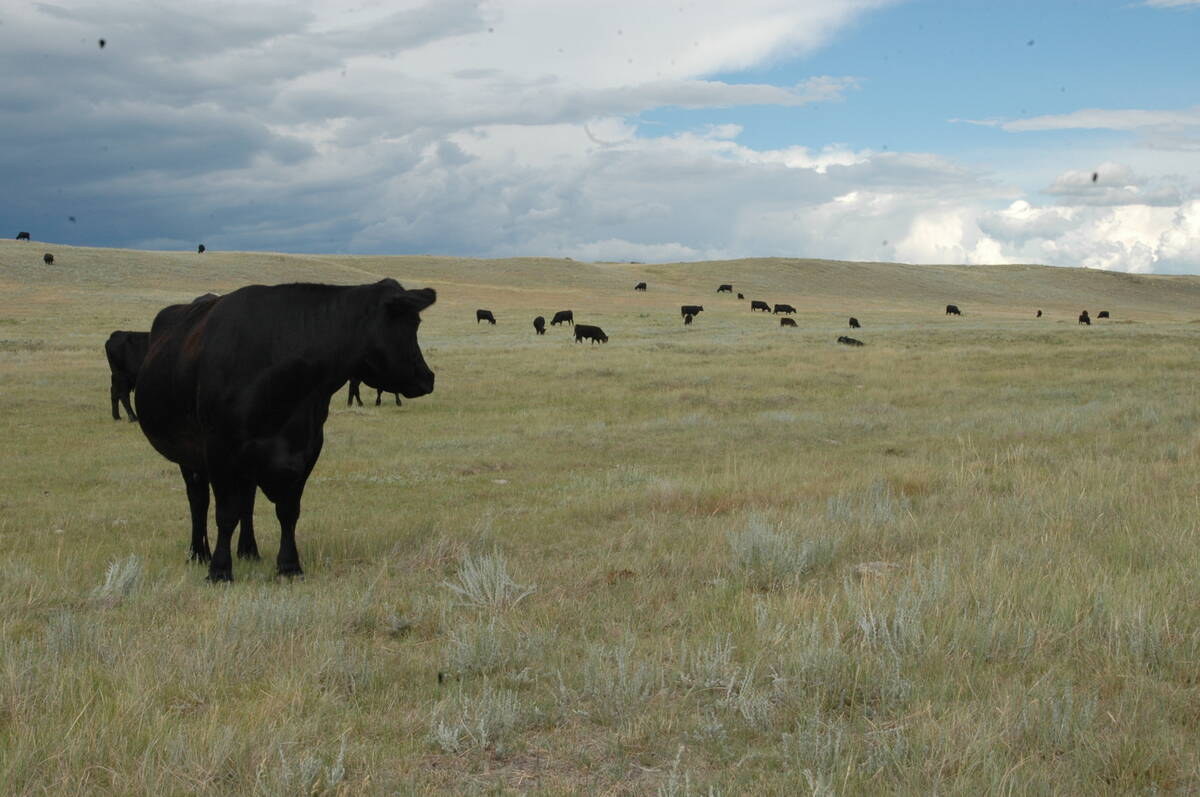Sending a boy off to the hockey wars gives parents emotional baggage full of pride and worry.
Hockey parents may dream of conceiving the next Great One. Yet when it’s time to send their boy to another rink in another town they worry whether he is doing his homework or getting enough to eat after he is billeted at a stranger’s home.
Tim and Mona Carder of Calgary agreed to let their 16-year-old son Jye live with his grandparents so he could tend goal for the Columbia Valley Rockies in Invermere.
Read Also

Saskatchewan Cattle Association struggles with lower marketings
This year’s change in the provincial checkoff has allowed the Saskatchewan Cattle Association to breathe a little easier when it comes to finances.
The Junior B team in Kootenay International Junior Hockey League has 11 teams in towns such as Golden, Osoyoos, Castlegar, Grand Forks and Revelstoke.
Jye had the option of going Junior A as a backup goalie but “It was too far away for him so he opted for Junior B,” said Mona.
He lives with his grandparents and goes to school in Invermere where his parents join him for vacations and weekends. Schools with hockey players offer flexible programs so the boys don’t miss too much.
Parents have to be supportive.
“We don’t know how far he might go and we have tried to give him the opportunity,” Mona said.
If there’s any homesickness or apprehension about leaving home as early as 15, teenaged boys aren’t likely to tell anyone, says assistant coach Scott Dubielewicz.
While coaches try to monitor the players’ progress in school and keep tabs on their behavior, they can’t be watched every minute.
“We won’t play them if they miss too much school They try to take advantage of being away from their parents and they slack off,” said
Dubielewicz.
The boys are also reminded they are role models to younger people in the community and are expected to behave themselves.
This year the average player on their team is 17. Every year four or five move on to Junior A. Exceptional boys move on quickly. Invermere was the starting point for Jason Marshall who plays for the Anaheim Mighty Ducks.
Players can join the team as young as 15. These are the exceptional boys who must be able to play against men.
“They play against some who are 20. They have to be gritty and not afraid. We try to use a lot of young players because they are hungry and want to move up the ladder.”
Invermere has players from all over including a young man from Japan who was on a junior A team but was moved down because the team had too many foreign players. While he’s learning Canadian hockey, he’s also learning English.
“He’s quick and fast with a good work ethic,” said Dubielewicz.
The 52-game season starts in mid-September and playoffs end in March. The team helps those not in school to find jobs. All the players are encouraged to get involved in the community so they can make friends and people get to know them.
They are not paid to play hockey but the team picks up the cost of sticks, tape, laces and some equipment like gloves, socks and helmets.
Most games are scheduled on weekends with two to three games per week and three practices per week of about an hour and a half.
Billets are paid for room and board and the team tries to place the boys with families where they feel they fit in.
Families just starting to skate down the hockey career path, soon learn minor hockey comes with a strict set of rules that vary from one region to the next.
In Alberta, children can play for two years at each level starting with tikes, novice, atom, pee wee, bantam, midget and junior.
Midget is broken into tiers based on the calibre of play. Midget AAA is the highest level for 16 and 17 year olds. Those who are not as serious still have the opportunity to play on a Midget C team.
Juniors are 18 to 23. Boys can bypass the midget level and enter the junior leagues early.
Residency can be a problem.
Hockey Alberta says the child plays on the team closest to his residence. If there is no team in his small town he can go to the next one, says Donna Cammer of Strathmore minor hockey. This rule keeps a team more fairly balanced rather than stacking it with ringers, she said.
Higher calibre players may want to get on a more challenging team.
“If a kid is that good, the parents will pack up and move,” she said.















